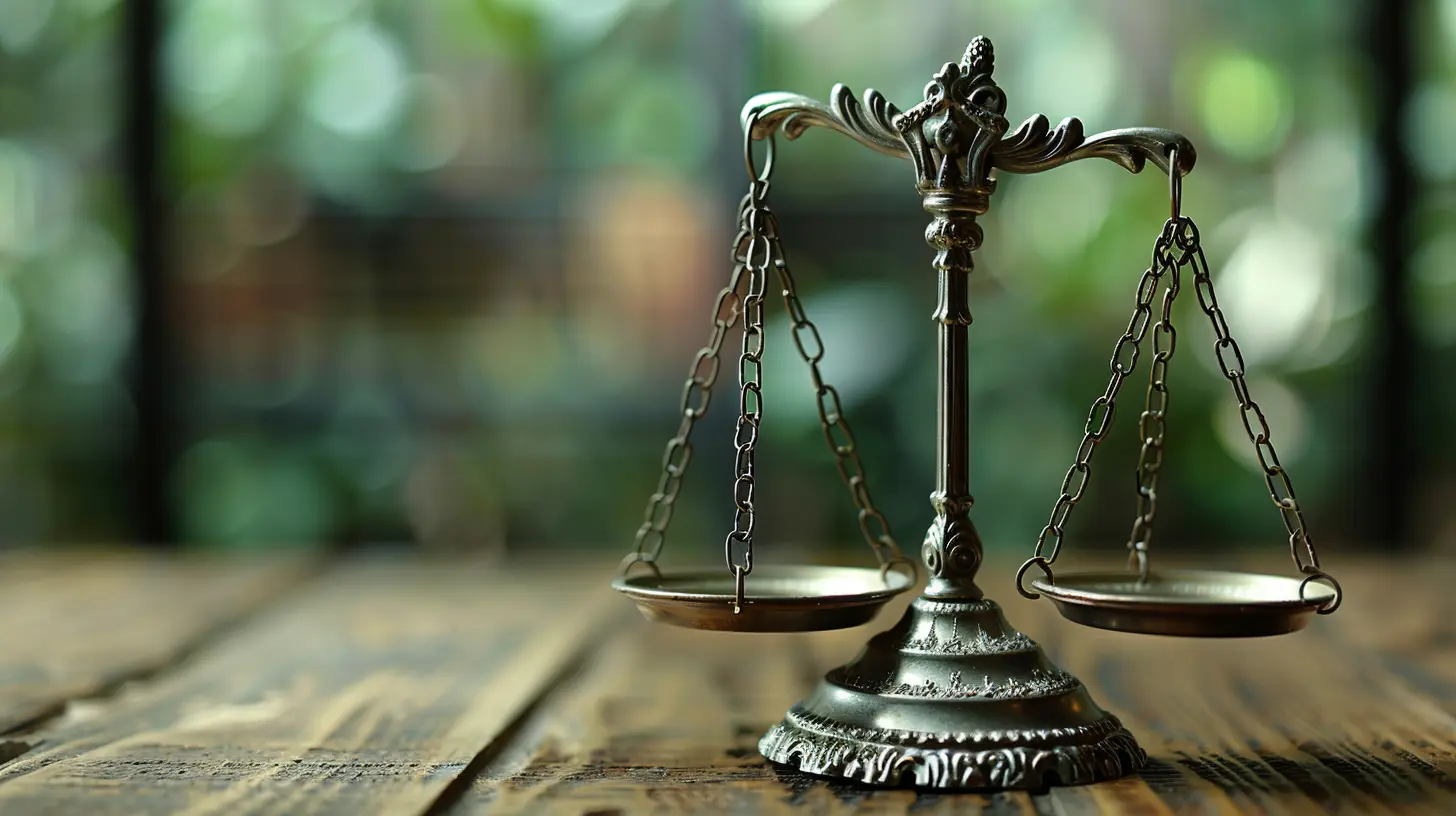The Importance of Understanding Legal Provisions in a Lease
17 September 2025
Leasing a property is a significant financial commitment, whether you're renting a home, an apartment, or a commercial space. The lease agreement itself is packed with legal jargon, conditions, and obligations that can impact your financial and legal standing. Yet, many people skim through it or, worse, sign without fully understanding what they’re agreeing to.
Understanding the legal provisions in a lease isn’t just about knowing when the rent is due—it’s about protecting yourself from unexpected fees, conflicts, and possible eviction. So, let’s break it down in simple terms and see why paying attention to the fine print in your lease is crucial.

Why Legal Provisions in a Lease Matter
A lease isn’t just a piece of paper; it’s a legally binding contract. Signing it means you’re agreeing to every term and condition listed. If you don’t understand specific provisions, you could unknowingly put yourself in a tough situation.- Protects You From Hidden Fees – Some landlords include extra charges for maintenance, late rent, or even early lease termination. Knowing these costs upfront can save you from financial surprises later.
- Clarifies Responsibilities – Who handles repairs? What’s the policy on decorating your space? The lease should spell this out so there’s no confusion.
- Prevents Legal Disputes – If a disagreement arises, the lease serves as the official reference. If you’ve signed without understanding it, you may find yourself fighting a losing battle.

Key Legal Provisions You Need to Understand
1. Lease Duration and Renewal Terms
How long are you committing to this lease? Most agreements will specify whether it’s a fixed-term lease (e.g., 12 months) or a month-to-month lease. Be sure you understand:- What happens when the lease term ends?
- Does it automatically renew, or do you need to sign a new one?
- How much notice do you or the landlord need to give if you want to move out?
2. Rent Amount and Payment Terms
This may seem straightforward, but there’s more to consider than just the monthly rent. Read carefully to find out:- When is rent due?
- Is there a grace period before late fees apply?
- What are the penalties for late payments?
- Can the landlord increase rent during the lease term?
If you’re in a rent-controlled area, look into local laws to ensure the lease complies with them.
3. Security Deposit Rules
Landlords usually require a security deposit as protection against any potential damage to the property. But different landlords have different policies:- How much is the deposit?
- Under what circumstances can the landlord deduct from it?
- How long after move-out will you get your deposit back?
- Does the lease specify any “normal wear and tear” rules?
Understanding these terms can help you ensure you get your full deposit back when you move out.
4. Maintenance and Repairs
Picture this: Your heater breaks in the middle of winter. Who is responsible for fixing it, you or the landlord? The lease should clearly state:- Who takes care of general maintenance?
- How long does the landlord have to fix critical issues like plumbing or heating?
- Are you responsible for certain repairs, like replacing light bulbs or unclogging sinks?
If the lease puts too much responsibility on you, it might be worth negotiating before you sign.
5. Subleasing and Guest Policies
Thinking of subletting your apartment while you travel for a few months? Some leases outright prohibit subletting, which means you could face eviction if you rent out your space without permission.Similarly, check guest policies. Some leases limit how long guests can stay before they’re considered unofficial tenants, which could lead to trouble if you’re hosting friends or family for an extended period.
6. Early Termination Clause
Life is unpredictable. You might get a dream job offer in another city or have an unexpected family emergency that requires relocation. An early termination clause outlines:- If you’re allowed to break the lease early
- Whether you need to provide notice (and how much)
- If there are penalties or fees for leaving before the lease ends
Without this clause, you could be on the hook for rent payments until the lease expires, even if you no longer live there.
7. Pet Policy
Pet lovers, take note! Many landlords have strict policies regarding pets, including:- Whether pets are allowed at all
- Any restrictions on breed or size
- Additional pet deposits or monthly pet fees
If you sign a lease without checking the pet policy, you might have to choose between your furry friend and your home.
8. Eviction Terms and Landlord’s Access to Property
No one likes to think about getting evicted, but it’s essential to know your rights. The lease should mention:- What actions can lead to eviction (e.g., non-payment, violating rules, illegal activity)
- How much notice you receive before eviction proceedings begin
Additionally, landlords have the right to enter the property for inspections or repairs, but they must follow certain rules. Your lease should state:
- How much notice they must give before entering
- Whether they can enter for non-emergency reasons
Knowing these details helps you ensure your privacy is respected.

Tips for Reviewing a Lease Agreement
Now that we’ve covered the crucial legal provisions, here are a few tips to make sure you don’t overlook anything in your lease:1. Read It Carefully (No Skimming!)
Yes, lease agreements can be long and boring, but give it the attention it deserves. Highlight or jot down anything that seems unclear.2. Ask Questions
If you don’t understand something, ask the landlord or property manager for clarification. It’s better to get answers now than to deal with misunderstandings later.3. Negotiate When Necessary
Many people don’t realize that lease agreements can often be negotiated. If you’re uncomfortable with certain terms—like a high security deposit or strict guest policy—discuss it with the landlord before signing.4. Get Everything in Writing
If you and the landlord agree on changes, make sure those changes are documented in writing. Verbal agreements won’t hold up if a dispute arises.5. Consult a Lawyer for Complex Leases
If you’re signing a commercial lease or something with particularly complex clauses, consider having a lawyer review it before committing.
Final Thoughts
Signing a lease is a big deal—it’s a legally binding contract that can shape your financial and living situation for months or years. Understanding every provision ensures that you know what you’re getting into, what your rights are, and how to avoid unnecessary conflicts.So before you put pen to paper, take the time to review your lease carefully. It might save you from a world of stress down the road.
all images in this post were generated using AI tools
Category:
Lease AgreementsAuthor:

Cynthia Wilkins
Discussion
rate this article
1 comments
Blade McTavish
Understanding legal provisions in a lease is crucial for both landlords and tenants. It ensures clarity on rights and responsibilities, minimizes disputes, and protects investments. Being informed helps create smoother rental experiences and promotes strong, trusting landlord-tenant relationships.
September 20, 2025 at 3:14 AM

Cynthia Wilkins
Thank you for your insightful comment! Understanding legal provisions indeed fosters positive relationships and ensures a smoother rental experience for both landlords and tenants.


